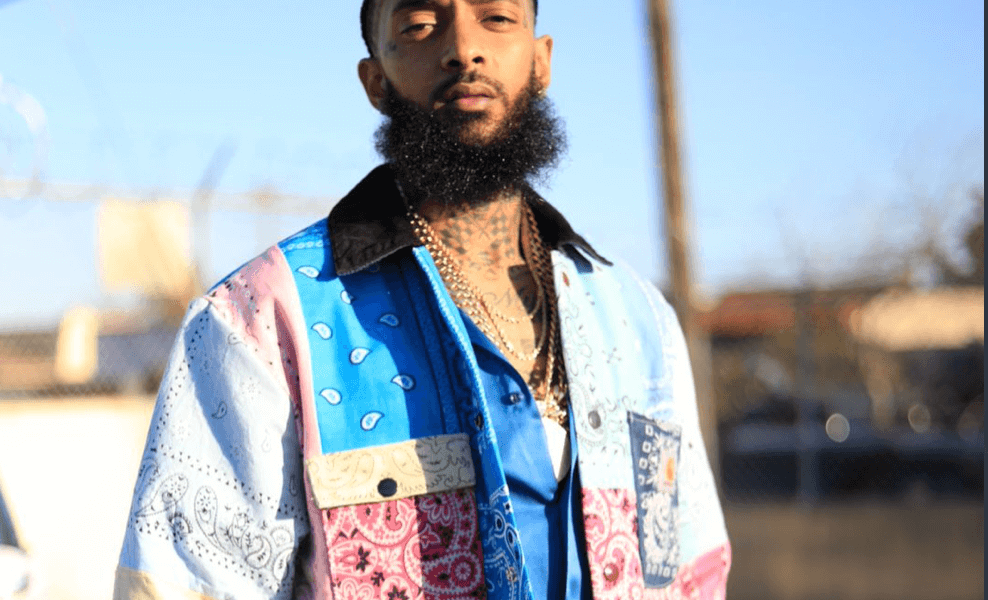Correction: Rodney King was beaten by police in April of 1992. King was not murdered as incorrectly stated in the Daily 49er.
March 31 started typical bright and warm Sunday, but this abruptly changed when a fatal shooting in the heart of LA ‘60s became the trending topic on Twitter. When I first got wind of the incident on my normal bus ride home, a wave of anxiety engulfed me and I prayed “please don’t let it be Nipsey Hussle.”
Later, it was confirmed that the victim of the incident was indeed Nipsey Hussle, and my anxiety became a cloud of sadness that stayed with me for days following the incident. Despite being a Bay Area native, something about living in Long Beach made his passing hit closer to home and made me feel like I almost knew the rapper and philanthropist personally.
Tragedies like this happen often in the black and brown community, so much so that many have become desensitized to them now. Whether tragedy strikes through police brutality, gang violence or black on black crime, it is the reality for those living in the “hood” and in poverty.
Fortunately there are many successful public figures who have also made it out of this struggle, such as Nipsey himself. But Nipsey wasn’t like the typical rappers who made it out; he was an advocate for education and was in the process of creating STEM programs for inner city youth.
His community viewed him as a positive force who tried to educate his people on the importance of being self made, owning your own businesses, leading by example and changing the narrative of hip hop and rap.
He was a celebrity that was capable of making his audience feel like his friends instead of just fans. He opened his own clothing store, The Marathon, which is located on Slauson and Crenshaw in Los Angeles and brought technology and business to the neighborhood by hiring the homeless and unemployed.
Nipsey was a father, friend, husband as well as a former gang member. But he was also a brand ambassador for Puma and a Grammy nominated artist. He was scheduled to meet with the Los Angeles Police Department the day following his passing to discuss gang violence, but unfortunately he didn’t make that meeting.
This loss has been one of the most impactful on the black and brown community. Dave East gathered Crips and led a huge vigil in New York, while Big Sean, Teyana Taylor, J. Cole and others paid homage at their shows.
Rick Ross decided to get tattoo of Nipsey Hussle on his leg and the rival gangs of Los Angeles, Watts, Compton and Inglewood came together to form a peace treaty and march in solidarity to honor Nipsey.
This is something that hasn’t been done since the beating of Rodney King in 1992; this unfortunate occurrence has created a sense of love, community and support.
Days after his passing, I visited the vigil. As I walked in the rain on Crenshaw and Slauson, many others came to pay their respects despite the LA showers. I let the feeling sink in for a few seconds, admiring the sprinkles of blue peaking throughout the bouquets, balloons, teddy bears and all the candles laid on the pavement.
As I processed what I was seeing, I felt nothing but gratitude, respect, loss and love. Being present at a place where someone who was so giving lost his life was both a humbling and gratifying experience.
Nipsey’s knowledgeable interviews, love for wife Lauren London and advocacy for mental health, education and community were only a few of the reasons why the rapper gained respect throughout the world. He was not only admired by the LAPD but by the community of Los Angeles, the music industry and especially the black and brown community.
This is something that can’t be said for many artists, which is why it is important to take the time to appreciate the figures such as Nipsey Hussle, even in his passing.




